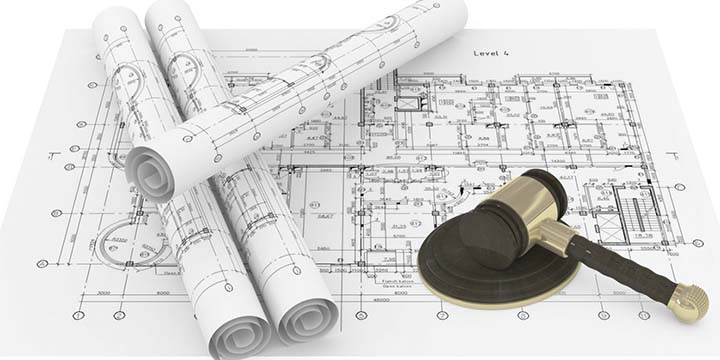I am Mariya Borevich, your personal lawyer. My primary goal is to help clients find optimal solutions to current legal issues, ensuring reliable protection of their interests. I specialize in family, civil, and military law, which allows me to effectively handle a variety of situations and cases. In family law, I provide support in resolving issues related to divorce, property division, establishing and challenging parental rights, alimony, and child custody. I understand that these matters are often emotionally complex, so I always strive to find the most delicate and fair solutions for all parties involved. In civil law, I assist in settling disputes related to contracts, property rights, compensation for damages, inheritance, and other issues concerning the protection of personal and property interests. Special attention is given to military law — supporting servicemen, protecting their rights and interests related to military service, social guarantees, and legal disputes. This area requires deep knowledge and understanding of the specifics of military service and the legislation regulating it.
Apartment remodeling is the process of changing the layout and engineering communications within a residential space. Often, tenants make the decision to remodel to improve the functionality of the space, adapt it to their own needs, or even increase its size. However, remodeling can become a subject of legal issues if carried out without proper documentation and approval from relevant authorities.
In many countries, apartment remodeling is subject to strict rules and regulations governed by local legislation and building codes. Unauthorized remodeling can lead to serious legal problems, such as fines, lawsuits, or even requirements to restore the apartment to its original state. Therefore, it is important to adhere to all rules and legal requirements when making any changes to an apartment.
Legalizing remodeling involves contacting the appropriate local authorities or building inspection with the submission of necessary documents. This may include remodeling plans, technical documentation, change plans, and other information required to assess the safety and compliance of the building with construction standards.
Legalizing apartment remodeling has several advantages. Firstly, it provides legal certainty to residents, as their changes are recognized and approved by the authorities. Secondly, it increases the value of the property, as legalized changes can enhance the attractiveness of the apartment in the real estate market.
Apartment remodeling can be an exciting stage in anyone's life. Opening up new possibilities for space and design, as well as adapting housing to individual needs, makes the remodeling process engaging and important. However, it is important to remember the legal aspects of this process, including legalizing any changes made to the apartment.
Legalizing apartment remodeling is a process that ensures the legal legitimacy and safety of construction changes.
Steps to Legalize Remodeling:
Project Preparation: Before starting any construction work, it is important to develop a remodeling project. This includes determining the layout size, installing partitions, making changes to engineering systems, etc.
Consultation with Experts: Seeking advice from architects, engineers, and other specialists can help you develop a project that meets all technical requirements and building codes.
Obtaining Permission: After the project is developed, you need to contact local building authorities or the municipal council to obtain permission for remodeling. This requires submitting the project and other necessary documents.
Execution of Works: After obtaining permission, construction work can begin according to the approved project.
Compliance Check: Upon completion of the work, local authorities may conduct a final inspection to ensure that all changes comply with the permission requirements and building standards.
Advantages of Legalized Remodeling:
Legal Legitimacy: Legalizing remodeling gives you legal confidence that your construction changes are recognized and approved by the authorities.
Increase in Property Value: Legalized changes can increase the value of your apartment, as they make the space more attractive to future buyers.
Legalizing apartment remodeling is an important procedure to ensure the legality and safety of construction changes. It allows residents to enjoy their homes, knowing that their modifications comply with all legal requirements and will not be a source of legal problems in the future.





























